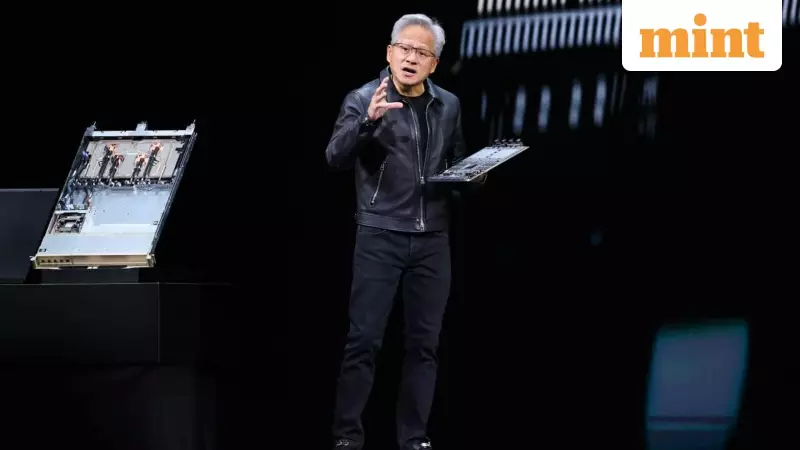
In a significant escalation of the ongoing technology conflict, the United States government has thrown a major roadblock in Nvidia's carefully crafted China strategy. According to recent reports, US officials are moving to block the semiconductor giant's sales of artificially intelligence chips specifically designed for the Chinese market.
The Downgraded Chip Strategy Backfires
Nvidia had developed a strategic workaround to navigate previous US export restrictions by creating scaled-down versions of its advanced AI processors. These chips, including the H20 model, were engineered to comply with existing limitations while still catering to China's massive artificial intelligence market.
The company's clever technical adjustments, however, have now encountered stiff resistance from Washington. The Biden administration has reportedly informed Nvidia that even these downgraded processors cannot be sold to Chinese entities without proper licensing, effectively closing what many saw as a loophole in export control regulations.
Implications for Nvidia's Business
This development represents a substantial setback for Nvidia, which has consistently counted China as one of its largest markets. The Chinese artificial intelligence sector represents billions of dollars in potential revenue, and Nvidia had positioned itself as the primary supplier of advanced computing hardware needed to power China's AI ambitions.
The restrictions come at a particularly challenging time for the chipmaker, which has seen unprecedented demand for its AI processors globally. While other markets continue to absorb Nvidia's production capacity, the loss of Chinese customers could have long-term strategic consequences for the company's market position and growth trajectory.
Broader Tech War Ramifications
This move signals Washington's determination to maintain its technological edge in artificial intelligence, widely seen as the next frontier in global technological competition. By restricting China's access to even modified versions of advanced AI chips, the US aims to slow Beijing's progress in developing sophisticated AI systems that could have military or strategic applications.
The decision also highlights the increasingly complex landscape facing global technology companies caught between geopolitical tensions and commercial interests. As the tech cold war intensifies, companies like Nvidia must navigate an increasingly complex regulatory environment while trying to maintain their competitive positions in critical markets.
Industry analysts suggest this could accelerate China's efforts to develop domestic alternatives to Nvidia's technology, potentially reshaping the global semiconductor landscape in the years to come.






